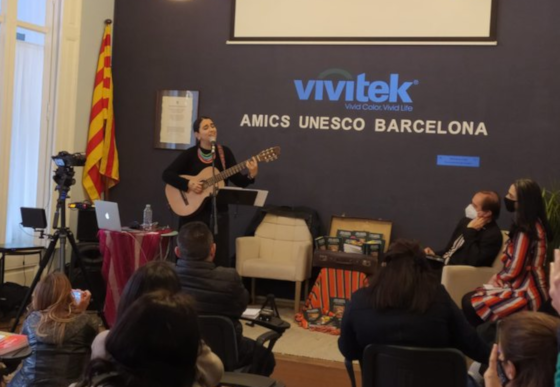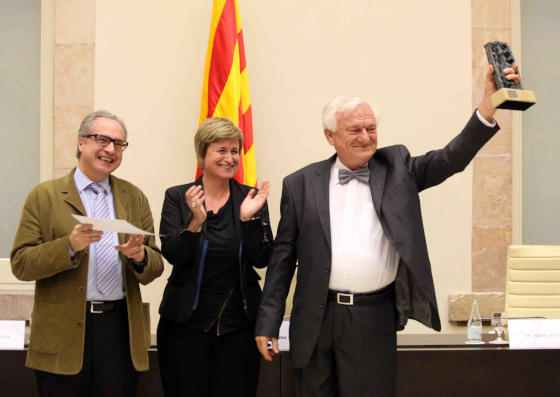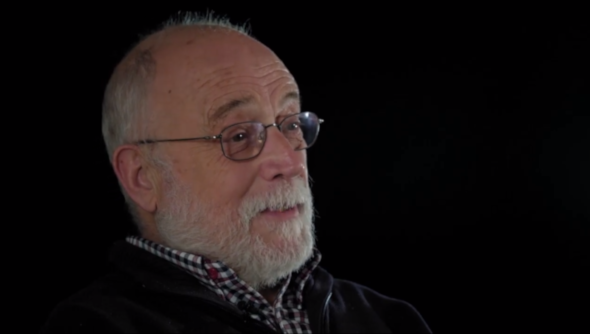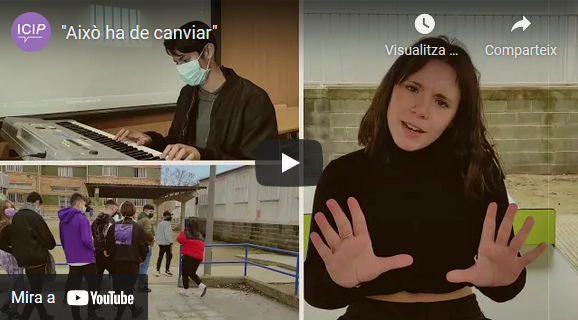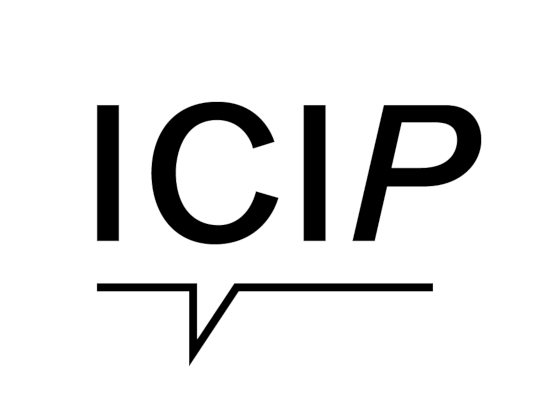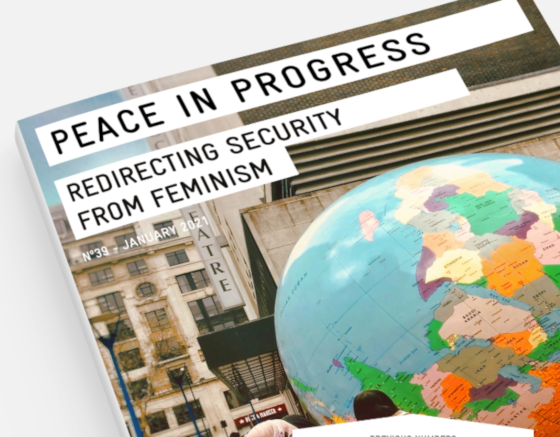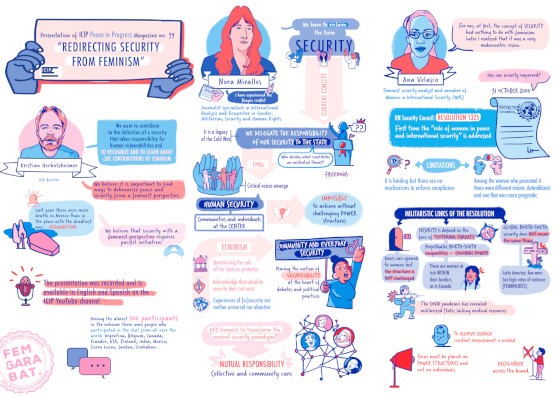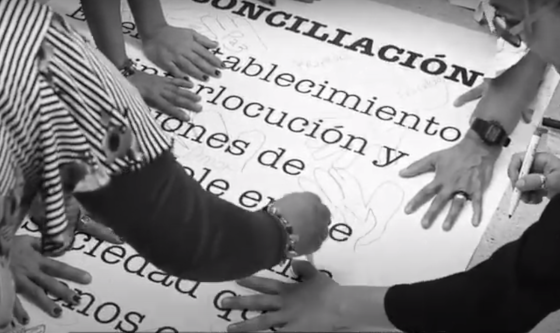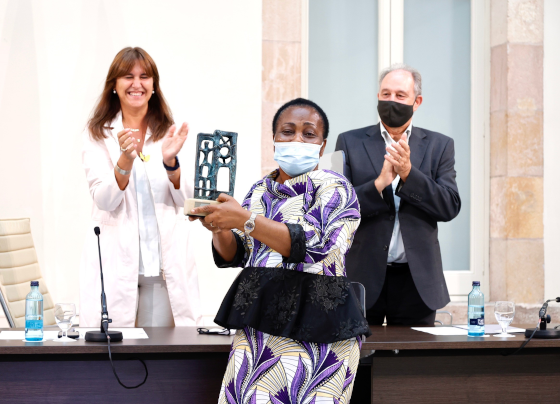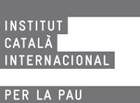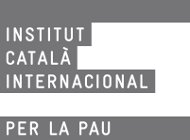Public security policies are being questioned locally and globally, from different contexts that present a diverse conflictology. In countries with armed conflict, in countries with chronic violence and also in places where it could be said that there is no context of generalized violence, security is currently a much discussed and debated notion because the strategies deployed in its name are not effectively managing to deal with social conflicts or to prevent violences. On the contrary, they often limit freedoms and the free exercise of human rights, reinforcing existing vulnerabilities or even generating new violent dynamics.
The classic approaches to security, of a state-centered and military nature, have been challenged by a plurality of schools and academic currents grouped under the name of “critical security studies” (feminist security, human security, green theory, securitization, emancipation, post-structuralism, post-colonialism and decoloniality…).
In this context we detect two strategic challenges: the need to facilitate dialogue between different approaches to thinking when reflecting on a new security model and, at the same time, that these approaches be connected to specific practical experiences.
With the aim to face these challenges, the ICIP call for proposals for a report on the interaction between alternative approaches, both theoretical and practical, that are developed in response to the traditional security model.
Those interested in participating in the call must submit their proposals via email to smartinez@icip.cat, to the attention of Sandra Martínez, with “Security Report” in the subject line.
The deadline for submitting proposals is 26 May 2021.


